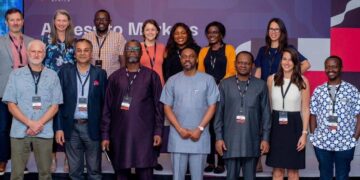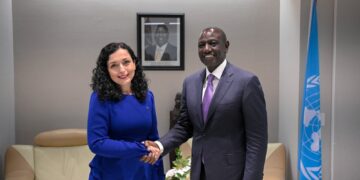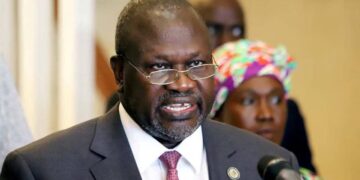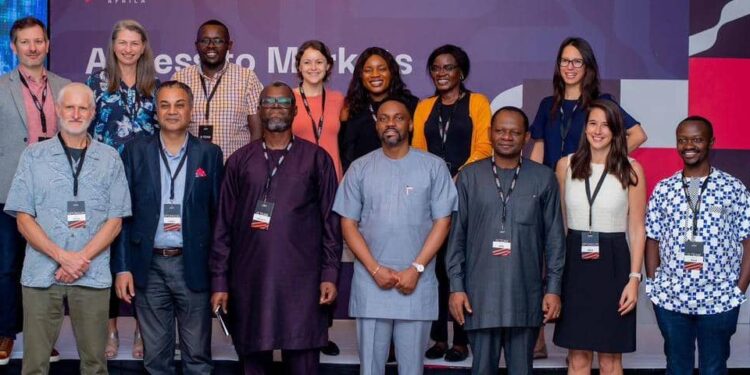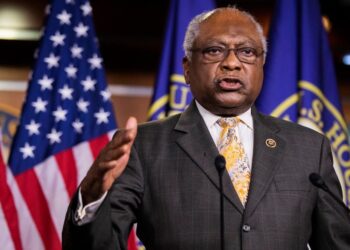By Enyichukwu Enemanna
At least 29 startups operating in Africa’s healthcare supply chain are set to receive $50,000 equity-free funding, a project being championed by i3, a pan-African initiative funded by the Bill and Melinda Gates Foundation
The programme which is in its second year is in partnership with Cencora (formerly AmerisourceBergen), Merck Sharpe & Dohme, Microsoft, and Chemonics.
Selected startups will receive a $50,000 grant and introductions to potential customers in industry, donor agencies, and governments.
Also, selected startups will receive investment readiness support from organizations like CcHUB, Villgro Africa, IMPACT Lab, and Startupbootcamp Afritech.
A statement on Monday by the Director, Global Health Agencies and Funds at the Bill and Melinda Gates Foundation, Kieran Daly said, 38 per cent of these startups are led by women, and they represent 21 African countries.
According to the statement, “As countries and global health institutions work to expand access to priority products, we face an urgent need to leverage solutions across the public and private sectors to improve health outcomes and strengthen local health systems.
“Programs like i3 help us understand, support, and engage with technology-driven solutions emerging across Africa, hand-in-hand with our partners,” he said.
The selected startups include Afia Group Limited, Aimcare Health, Bena Care, BioCertica, Chari Pharma, CheckUps Medical, Chefaa, Dawa Mkononi, Drugstore Nigeria, Famasi Limited, Field Intelligence, Inc, GICMED, Grinta, Healthtracka, Kapsule, Medical Diagnostech, Medpharma Alliance International Limited, Octosoft Technologies Limited, Pharmarun, Pharmaserv Health Project Nigeria Limited, Reductiona, SASA Health Limited, Tech Care For All Eastern Africa, Technovera – Pelebox Smart Lockers, Tibu Health, UltraTeb, Waspito, WellaHealth, and Welo.
The Director, of Global Market Access, Sustainable Access Solutions at Merck Sharpe & Dohme, Yusuf Rasool noted, “We are excited to have a second cohort of 29 innovative changemakers in African healthcare enter the program.
“Investing in these companies is a means of delivering lifesaving solutions and empowering communities through the access of critical medicines across the continent.”
For the first cohort, 31 startups received support, reaching 24,000 healthcare facilities across 26 African countries.
